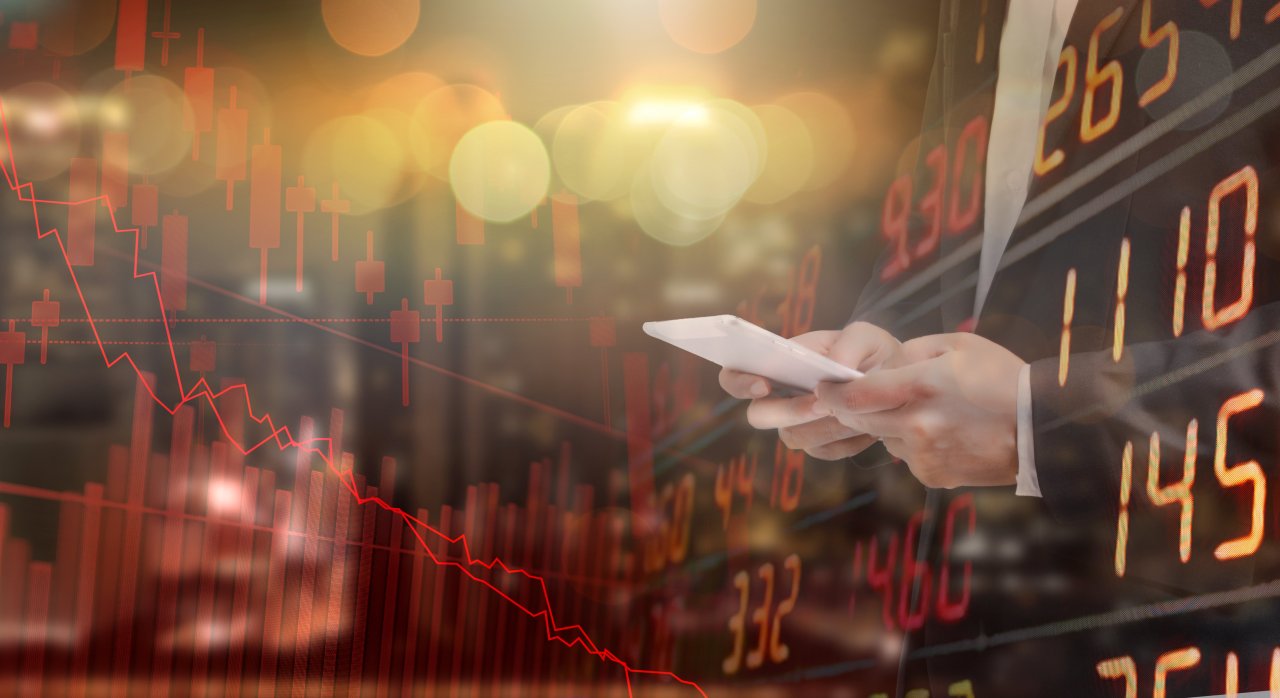Is Korean IPO market losing steam?
Overvaluation concerns cloud blockbuster IPOs this year, disappoint retail investors
By Jie Ye-eunPublished : Aug. 24, 2021 - 15:25

After retail investors’ strong appetite for IPO shares early on, 2021 looked to be a record year, with a series of companies seeking to go public.
But most blockbuster IPOs have fallen short of market expectations amid growing concerns over companies being overvalued.
Of mega IPOs that made debuts this year, only SK Bioscience opened trading at double its IPO price, as determined between 8:30 a.m. and 9 a.m. in the first trading session. The stock was also the only one that surged by the daily permissible limit of 30 percent on the same day, with the two factors combining for a “grand market debut.”
Among 57 firms to go public in the January-July period, 11 scored grand market debuts on the nation’s benchmark and tech-heavy Kosdaq markets, according to data compiled by the Korea Exchange.
But after the big market events, the shares of six listed firms with grand market debuts ended up moving downward, trading lower than their initial prices. August was not a different story, where the majority of megasized deals disappointed investors with lower-than-expected stock movements.
Local game maker Krafton drew wide attention at home and abroad as the second-largest Korean IPO in market history. Yet it received lukewarm responses from both institutional and retail investors during subscriptions and its stock traded bearish from the first day. The opening price was set nearly 10 percent below its IPO price. The closing price was down by 9 percent from its IPO price as well.
KakaoBank made a fairly safe landing on the Kospi market. It failed to set its opening price at the maximum 200 percent of its IPO price, but it ended the first day by reaching the daily permissible limit. Another Kospi-listed debutant, Lotte Rental, saw its opening price set 2.54 percent lower than its IPO price, and ended trading down 3.5 percent from its initial price.
Market experts said retail investors started having eyes to determine which companies have better business growth potential, unlike when they flocked to invest in well-known firms with bigger IPO sizes in the past. They have learned lessons from their investment experience especially during the pandemic, experts said.
“Companies that went public early this year tended to show good performance after setting high opening prices. Entering the second half, however, discriminating gems from pebbles has become more difficult,” said Na Seung-doo, an analyst at SK Securities.
“Fixing relatively reasonable IPO prices is important, but investors’ interest differs significantly depending on growth momentum and business conditions of industries as well.”
Some analysts attributed the recent performance of IPOs to unstable market conditions on the back of massive foreign sell-offs. While local bourses have been trapped in a limited range again since last year’s bull run, the IPO market’s mood has changed a lot this year, they said.
“When the stock market experiences a bearish trend, it is highly likely to strike a fatal blow to IPO shares‘ listings,” said Park Jong-sun, an analyst at Eugene Investment & Securities.

















![[KH Explains] Hyundai's full hybrid edge to pay off amid slow transition to pure EVs](http://res.heraldm.com/phpwas/restmb_idxmake.php?idx=652&simg=/content/image/2024/04/18/20240418050645_0.jpg&u=20240418181020)

![[Today’s K-pop] Zico drops snippet of collaboration with Jennie](http://res.heraldm.com/phpwas/restmb_idxmake.php?idx=642&simg=/content/image/2024/04/18/20240418050702_0.jpg&u=)